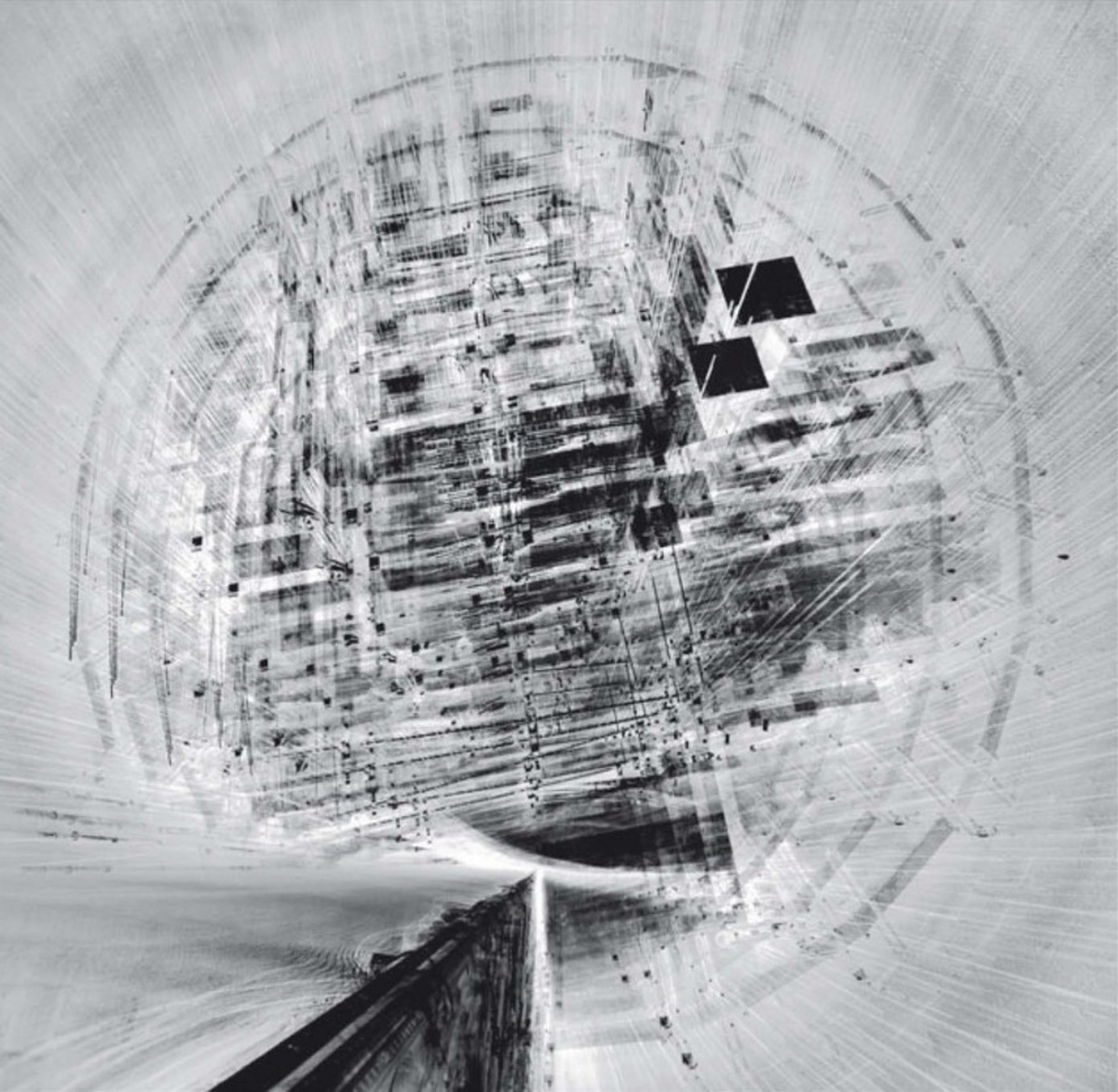Begin: Thursday, 17 November 2022, 18.15 pm
Conference hosted by:
Technical University of Darmstadt, Leibniz Centre for Contemporary History Potsdam (ZZF), Helmut-Schmidt-University/University of the Federal Armed Forces Hamburg (HSU), SPP 2267 “The Digitalization of Working Worlds. Conceptualising and Capturing a Systemic Transformation.“
Organizers:
Martina Heßler (TU Darmstadt), Martin Krzywdzinski (HSU), Christopher Neumaier (ZZF)
Flexibility has emerged as a key concept to explain social change since the 1970s and 1980s. Flexibilization shaped industrial and service relations as well as social relations. Examples of this process include flextime succeeding rigid workday time regulations in offices or “flexible automation” becoming the catchphrase in industrial production as the fixed automation that had shaped industrialization up to the 1970s and 1980s gradually vanished. Private life started to shift as well: new modes of life such as singles and cohabitation appeared to coexist with the traditional nuclear family. The latter represented a strict social institution while the former allowed for constant adjustments based on individual needs – a differentiation that needs to be critically analyzed from a historical perspective.
This conference explores the concept of flexibility along with the strategies, processes, practices, and ambivalences of flexibilization. Even though the focus of the conference will be on work environments, we will also consider broader social contexts.
PROGRAM
Thursday, 17 November 2022
18.15
Welcome, Martina Heßler, Martin Krzywdziniski, Christopher Neumaier
“Participatory Introduction”: Flexibility and Agility as key concepts of social change?
- based on comments of all participants
Reception
(Venue: t.b.a.)
Friday, 18 November 2022
Venue: Georg-Lichtenberg-Haus, Darmstadt
A History of Flexibility
Chair: Martin Krywdzinski
9.30 – 10.15
Vincent August, Berlin
The Rise of Cybernetic Network Ideas: A Critical Conceptual History of Flexibility
10.15 – 10:45 | Break
Working Time/Temporary Work
Chair: Nora Thorade, Berlin
10.45 – 11.30
Michael Homberg, Potsdam
The Flexible Clock. Circadian Rhythms, Temporal Concerns, and the Debate about Night and
Shift Work in the Federal Republic of Germany
11.30 – 12.15
Anna Elisabeth Keim, Halle-Wittenberg
From Harmful Fluctuation to Beneficial Flexibility: Mobility Regimes and the Concept of
Zeit-Arbeit in West Germany During the Boom
12.15 – 13.00
Ariane Leendertz, Stuttgart
Promoting Agility and Competitiveness in Science and Research: The Max-Planck Society
and the Strategies of Flexibilization since the 1980s.
13:00 – 14.00 | Lunch
Flexible Biographies
Chair: Bernhard Dietz, Mainz
14.00 – 14.45
Kirstin Berit Jäggi-Jorns, Zürich
Flexibilization Configurations in Future Designs: The Subjectivization of Social Problems in
the Swiss Federal Law on Vocational Education and Training since 1930
14.45 – 15.30
Christian Garland, London
“Flexibility“ as Precarity/Precarity as “Flexibility”: The Neoliberal Ideological Mask and
the Social Reality, 40 Years of the “Anglo-American-Model” in the UK
15.30 – 16.00 | Break
Work Processes: Promises/Policies of Flexibility
Chair: Tanja Paulitz (Darmstadt)
16.00 – 16.45
Sarah George, Berlin/Franziska Zehl, Würzburg-Schweinfurt
Mobile Work and the New Middle Class. Time-Space Compression and Impacts on Social and
Spatial Mobility
16.45 – 17. 30
Mirjam Mayer, Zürich
Efficiency through Flexibility? Office Automation in the Swiss Federal Administration in the
1980s
17.30 – 18.15
Tim Clausnitzer, Martin Meister, Ingo Schultz-Schaeffer, Kevin Wiggert, Berlin
Narratives of Flexibilization Regarding the Introduction of Collaborative Industrial Robots
c. 19.30 | Conference Dinner
Saturday, 19 November 2022
Venue: Georg-Lichtenberg-Haus, Darmstadt
Re-Organization – Flexibility/Agility
Chair: Julia Erdogan, Stuttgart
9.00 – 9.45
Mona-Maria Bardmann, Hohenheim/Caroline Ruiner/Matthias Klump
„Quo Vadis Flexibility? Digitalization and Formalization in High-Reability--Organizations.”
9.45 – 10.30
Christopher Neumaier, Potsdam
Group Work a Win-Win-Option for Management and Workers? The Flexibilization of Work
Processes in the German Automotive Industry between the 1970s and 1990s
10.30 – 11.15
Martin Krzywdziniski, Hamburg/Berlin
Remote work during the COVID-19 pandemic. Experiences of agile, hybrid and traditional
teams.
11.15 - 11.45 | Break
Software / Agile Practices
Chair: Martin Schmitt, Darmstadt
11.45 – 12:30
Sebastian Randerath, Bonn
How We (Almost) Became Agile: A Format History c. 1972–2001
12:30 – 13.15
Timo Leimbach, Aarhus
Rooting agility – The Different Origins of Agile Methods and Their Contributions to the
Current Conceptualization of it
13:15 – 14.00 | lunch
14:00 – 14:45
Donald Bertulfo, Delft
The World in a Sprint: Computational Infrastructures and Agility in the New Economy
14:45 – 15:15 | Break
15.15 – 16:45
Chair: Martina Heßler, Darmstadt
Key Note, Richard Sennett
The Theatre of Labour: everyday performances in flexible workplaces
16:45 – 17.00
Martin Krywdzinski, Christopher Neumaier
Concluding Comments / Final Discussio
Program and more information on the website of the TU Darmstadt
Venue:
Technische Universität Darmstadt
Georg-Christoph-Lichtenberg-Haus
Dieburger Straße 241
'64287 Darmstadt
Registration:
Please register for the conference „Flexibility“ & „Agility“. Each participant has to be registered individually.
You can find the online registration form on the website of the TU Darmstadt here.
Contact:
hiwi-technik [at] pg [dot] tu-darmstadt [dot] de

